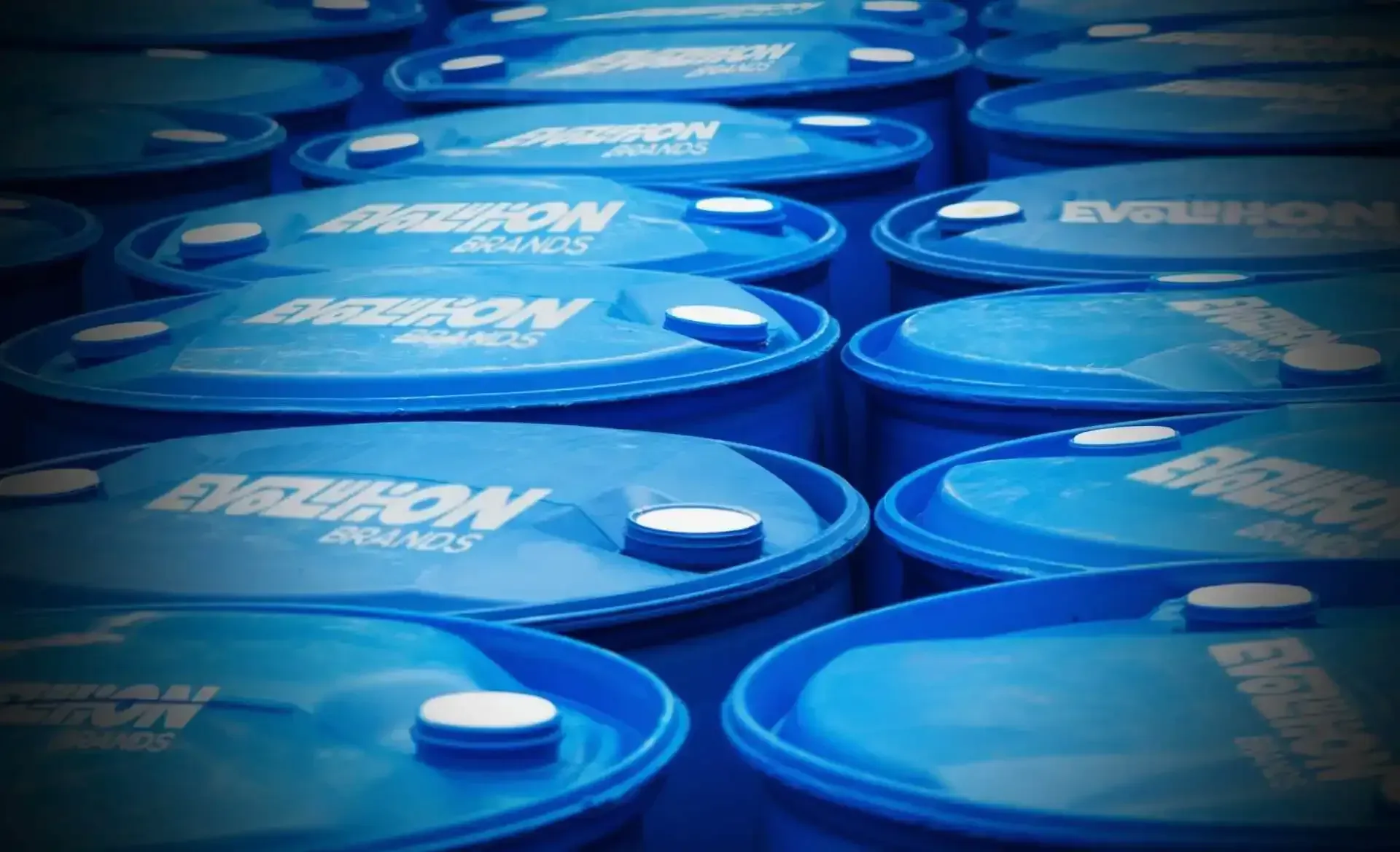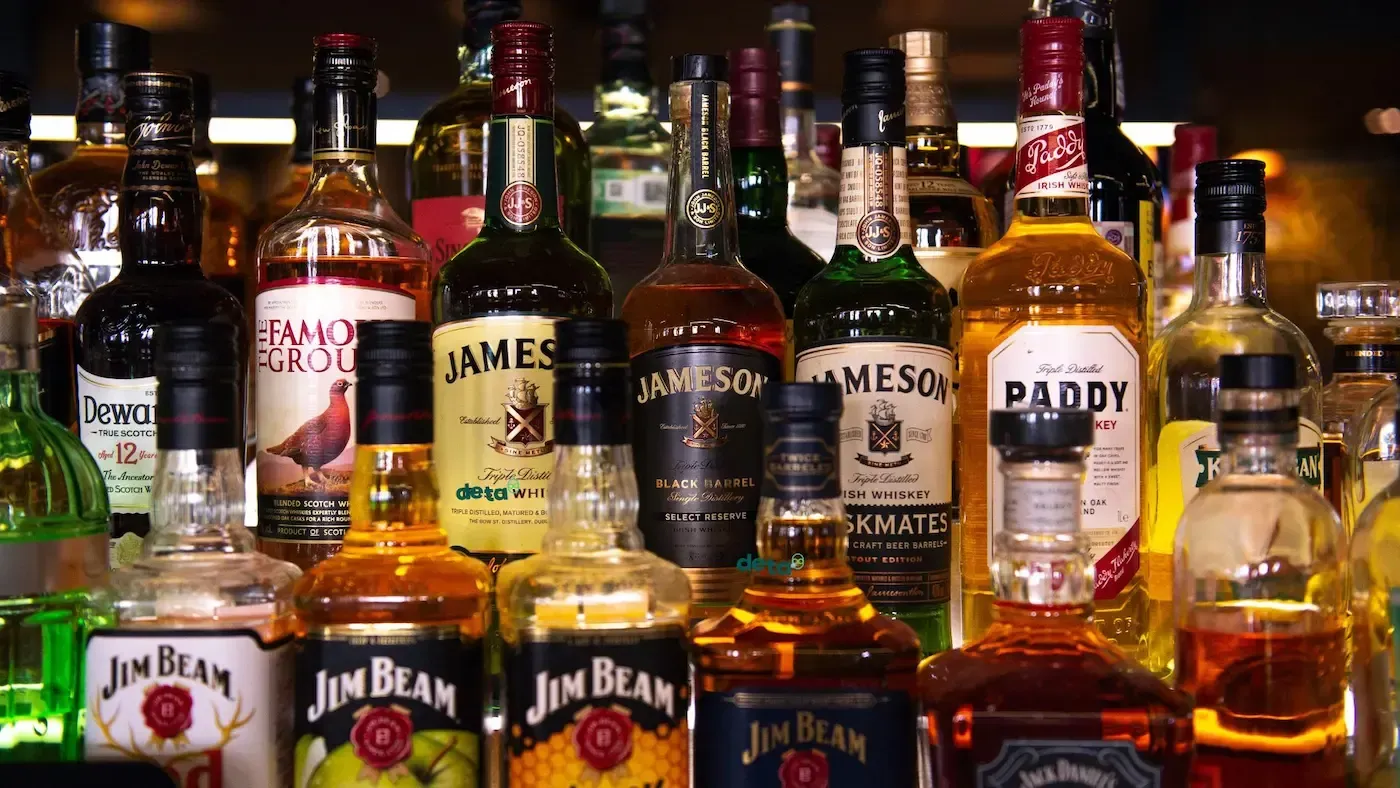The Role of Bulk Ethanol Suppliers in New Zealand’s Drinks Industry
Ethanol is a fundamental ingredient in the drinks industry, forming the base for spirits, liqueurs, and even some brewing processes. As the demand for high-quality ethanol continues to grow, the importance of reliable bulk ethanol suppliers in New Zealand has never been greater.
For distilleries, breweries, and bottlers, sourcing ethanol in bulk ensures consistency, cost efficiency, and product quality. But not all ethanol suppliers are the same—businesses must find a partner that guarantees purity, compliance, and timely delivery.
In this guide, we’ll explore the role of bulk ethanol suppliers in NZ, how they support the drinks industry, and what businesses should look for when choosing an ethanol supplier.
Why is Ethanol Important in the Drinks Industry?
Ethanol, or ethyl alcohol, is a key ingredient in alcoholic beverages. It serves as the base for spirits and plays a critical role in flavour extraction, preservation, and the overall sensory experience of a drink.
Some common uses of beverage-grade ethanol in the drinks industry include:
✔ Distilled Spirits: Used as the foundation for gin, vodka, whiskey, rum, brandy, and other spirits. The purity of ethanol significantly affects the smoothness and taste of the final product.
✔ Flavoured Liqueurs & Cocktails: Many pre-mixed alcoholic beverages and flavoured liqueurs rely on high-quality ethanol to ensure a clean taste without impurities.
✔ Alcoholic Extracts & Bitters: Ethanol is used in the production of botanical extracts, such as bitters and herbal infusions, which contribute to unique flavour profiles.
✔ Brewing Processes: While beer and cider fermentation doesn’t require added ethanol, some specialty brewing processes use neutral spirit ethanol to create specific alcoholic products.
For businesses producing these beverages, bulk ethanol supply is crucial to ensuring consistency, compliance, and cost-effective production.

The Role of Bulk Ethanol Suppliers in NZ’s Drinks Industry
1. Ensuring a Consistent, High-Quality Ethanol Supply
Distilleries, breweries, and beverage producers require ethanol that meets strict purity standards. A trusted bulk ethanol supplier in NZ ensures that:
- Every batch of ethanol meets food-grade safety regulations.
- The ethanol has minimal impurities, preserving the desired flavour of the final product.
- The alcohol content is precise, allowing distillers and bottlers to maintain consistency.
Without a reliable ethanol supplier, businesses may experience inconsistencies in taste, texture, or alcohol content, leading to potential product recalls or reputational damage.
2. Helping Distilleries and Breweries Cut Costs
Buying ethanol in bulk offers significant cost advantages for businesses. Bulk ethanol suppliers help drinks manufacturers save money by:
- Reducing per-litre costs compared to purchasing small quantities.
- Offering flexible storage solutions, allowing businesses to order ethanol as needed.
- Ensuring timely deliveries, preventing costly production delays.
Working with an ethanol supplier in NZ means businesses can avoid excessive freight charges and unnecessary supply chain risks associated with overseas shipments.
3. Supplying Beverage-Grade Ethanol for Different Applications
Bulk ethanol suppliers provide various ethanol grades to suit different beverage applications, such as:
- Neutral ethanol (potable) for vodka, gin, and premium spirits.
- High-proof ethanol for creating liqueurs and infused alcohols.
- Food-grade ethanol for botanical extracts and flavour enhancers.
By partnering with an experienced ethanol supplier, drinks manufacturers can access ethanol tailored to their needs rather than using a one-size-fits-all solution.
4. Meeting New Zealand’s Food & Safety Regulations
The production and sale of alcoholic beverages in New Zealand are subject to strict regulations. Ethanol used in drink manufacturing must comply with:
- MPI (Ministry for Primary Industries) regulations on food safety.
- Customs and excise laws regarding alcohol taxation.
- NZ Alcohol Regulatory Frameworks ensuring correct ethanol handling and labelling.
A trusted ethanol supplier provides businesses with certified, compliant ethanol, reducing the risk of regulatory issues.
5. Reliable Logistics & Storage Solutions
Bulk ethanol must be stored and transported safely, especially since it is a flammable substance. Local ethanol suppliers in NZ offer:
- Dangerous Goods (DG) storage solutions for bulk ethanol stock.
- Safe and compliant ethanol transportation throughout New Zealand.
- Reliable international sourcing to prevent supply chain disruptions.
A supplier with local warehousing options ensures businesses always have access to ethanol stock without needing excessive storage capacity on-site.

How to Choose the Right Bulk Ethanol Supplier in NZ
Not all ethanol suppliers are the same. When selecting an ethanol supplier in New Zealand, consider:
✔ Purity & Certification – Does the supplier provide certified beverage-grade ethanol with COA (Certificate of Analysis)?
✔ Bulk Ordering Options – Can they supply ethanol in large volumes at competitive prices?
✔ Reliable Logistics – Do they offer timely delivery and safe ethanol storage options?
✔ Industry Expertise – Do they understand the unique ethanol needs of distilleries, breweries, and bottlers?
✔ Customisation – Can they provide specific ethanol grades tailored for different beverage applications?
Partnering with a trusted ethanol supplier ensures businesses receive consistent, high-quality ethanol without the risk of supply disruptions.
Secure Your Bulk Ethanol Supply with a Trusted NZ Supplier
For New Zealand’s drinks industry, securing a reliable, high-quality ethanol supply is crucial for maintaining consistency, cost efficiency, and compliance. Whether you’re a craft distillery, large-scale bottler, or premium beverage manufacturer, sourcing ethanol from a trusted bulk ethanol supplier in NZ ensures smooth operations and high-quality products.
✔ High-purity beverage-grade ethanol for spirits, liqueurs & extracts
✔ Bulk ethanol supply tailored for distilleries, breweries & bottlers
✔ Reliable delivery & storage solutions for NZ businesses
Looking for a reliable bulk ethanol supplier in New Zealand?
📞 Contact Evolution Brands today for premium ethanol solutions!
Quick links










